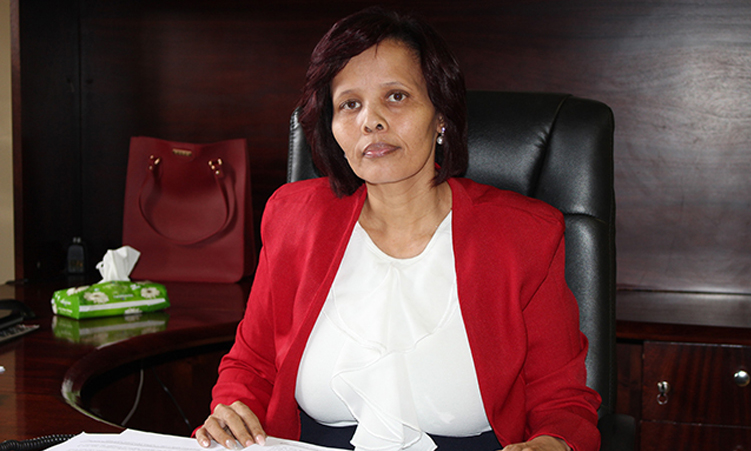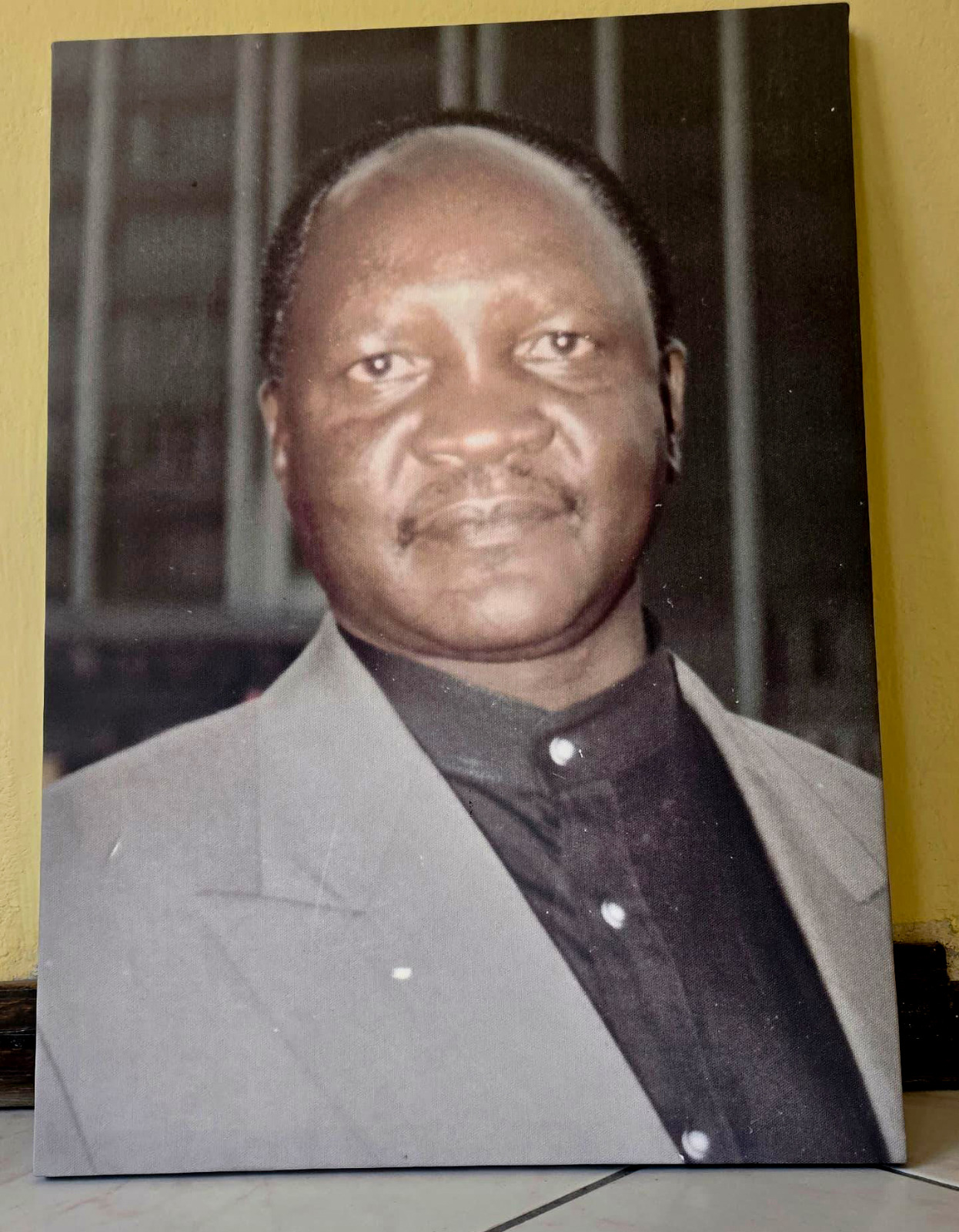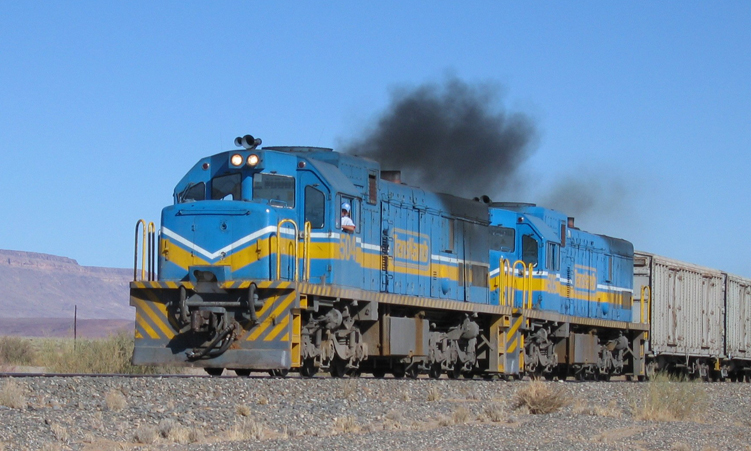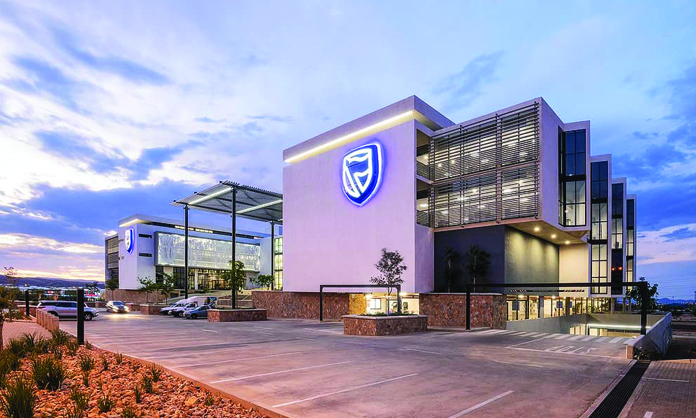The governor of the //Kharas region says enhancing human capital for oil and gas sector development requires education and skills training.
Aletha Frederick said this during her state of the region address at Keetmanshoop last week.
She said developing a strong educational system in the //Kharas region is crucial for both personal job prospects and overall socio-economic progress.
“The need to grow human capital in today’s developing global economy cannot be emphasised enough. Education plays a fundamental role in providing individuals with the essential skills and knowledge needed to succeed in the labour market,” the governor said.
Frederick thanked the National Planning Commission for approving N$60 million over three years for the construction of the University of Namibia’s southern campus geosciences building, which will house oil and gas, hydrology and engineering, physics and geophysics, spectroscopy and instrumental laboratories.
The laboratories will be used for sample testing after being accredited to speed up and stimulate mining and economic activities in the region and the country.
She said the university’s southern campus is deemed a leader in climate resilience projects and is looking at mitigating the effects of climate change accompanied by research.
Meanwhile, the Namibia University of Science and Technology (Nust) opened its Research Satellite Campus, which is expected to be launched in September.
The satellite campus plans to offer 18 academic programmes, starting in 2025, including post-graduate programmes such as master’s of business administration, master’s of sustainable energy systems and master’s of science in integrated water resource management degrees.

“With the southern corridor development initiative at Lüderitz, a groundbreaking project to harness the potential of green hydrogen to propel future development in southern Namibia, Nust can play a critical role,” Frederick said.
The region, however, faces challenges in primary and secondary education.
Frederick said the total budget allocated to the //Kharas directorate of education, arts and culture was N$131 million for the 2023/24 financial year, but more than N$146 million was spent.
Under the infrastructure development programme 13 classrooms were constructed as part of the emergency initiative to address the shortage of classrooms.
New classrooms were constructed at Keetmanshoop Primary School, Keetmanshoop Secondary School and Ambrosius Amutenya Primary School and were handed over to the Ministry of Education, Arts and Culture last August.
In addition to this, Frederick said, eight classroom blocks with two storerooms and ablution facilities were constructed in the Oranjemund constituency.
Out of 36 schools offering a curriculum for grades 1 to 7 only two have computer labs available.
“This stark reality highlights a significant gap in educational infrastructure. Utility bills for state schools and hostels amounted to N$48 million, of which N$27 million was allocated for catering services to hostels. “N$2,7 million was invested in school feeding programmes at primary schools within the region. N$4,4 million was spent on furniture for hostels, and only N$1,7 million was used to acquire textbooks for pupils,” the governor said.
Stay informed with The Namibian – your source for credible journalism. Get in-depth reporting and opinions for
only N$85 a month. Invest in journalism, invest in democracy –
Subscribe Now!






